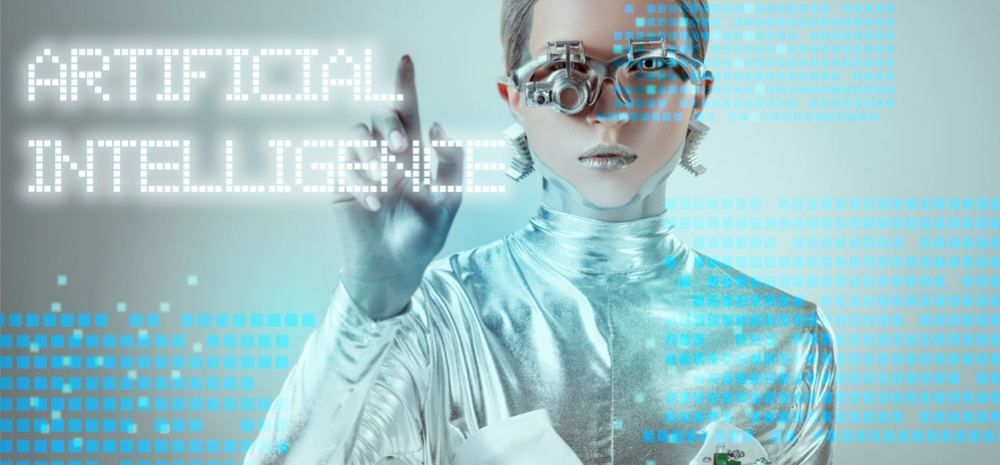Artificial Intelligence Can Revolutionize These 3 Critical Sectors In Next Few Years: Find Out How?

This is a Guest blog by Mr.Sarvagya Mishra, Co-Founder SuperBot
Technology is rapidly transforming the world of business. In the time that it took you to read this sentence, a business has probably undergone some form of digital transformation somewhere in the world, be it from expanding its digital presence to increasing the level of its operational automation. Technologies earlier considered science fiction, such as AI, are now integral in sectors as diverse as retail and BFSI.
That said, many other sectors are yet to adopt artificial intelligence at scale – and the benefits that come with it. Here, then, are some sectors making limited use of the transformative power of AI, and the various ways in which such a deployment can redefine these sectors:
Education
The use of AI in education has, so far, largely been limited to online learning and ed-tech. Taking the technology beyond the online medium and into physical and hybrid classrooms can lead to a major overhaul of pedagogy. Pilot programs show how AI can be used to develop personalised learning plans that monitor student progress, evaluate learning challenges in real-time, and trigger the most relevant instructor intervention for better learning outcomes. Virtual teaching assistants can also be used to provide support and guidance to students outside of class to further amplify their learning trajectory.
AI can also transform other critical roles in education. For instance, AI-based solutions can be used by higher education institutions to optimise repetitive admissions- and counselling-related tasks, such as answering student queries and managing fee collections. AI-based virtual career guides can also help students understand the most relevant career paths and the skill requirements for their dream roles, thus helping them select a career path most suited to their capabilities and interests.
Healthcare
Many AI-based healthcare use-cases, from robotic surgeries and real-time diagnosis to new research, are already mainstream. The technology can also transform an area relatively ignored by healthcare service providers: pre-/post-service patient management. Virtual voice and text agents can manage patient leads, offer 24×7 support on helplines, confirm doctor’s availability, and book or reschedule appointments. They can also manage other administrative tasks, such as payment collection and fetching patient information/medical reports, to unlock better accuracy, service delivery, and cost optimisation for hospitals and clinics of all sizes.
MSME
Traditionally, MSMEs haven’t had the resources or expertise to develop in-house AI to augment their operations. The deployment of cloud-based AI solutions has solved this challenge, but many critical growth areas remain beyond the reach of MSMEs. Cutting-edge DIY platforms address this need-gap by helping smaller businesses automate key business functions through intelligent AI voice and text agents. Deploying such AI solutions can help MSMEs become more competitive by scaling their sales, marketing, lead generation, and customer service operations at minimal costs while ensuring better lead generation, customer acquisition rates, and service satisfaction.
AI’s potential as the driver of business transformation is limitless. The use-cases mentioned above are just a handful of the ways in which this remarkable technology can improve enterprise operations and drive better outcomes for organisations across sectors. The future of business is AI – and smart enterprises will find newer ways to adopt the technology, sooner rather than later.

Comments are closed, but trackbacks and pingbacks are open.